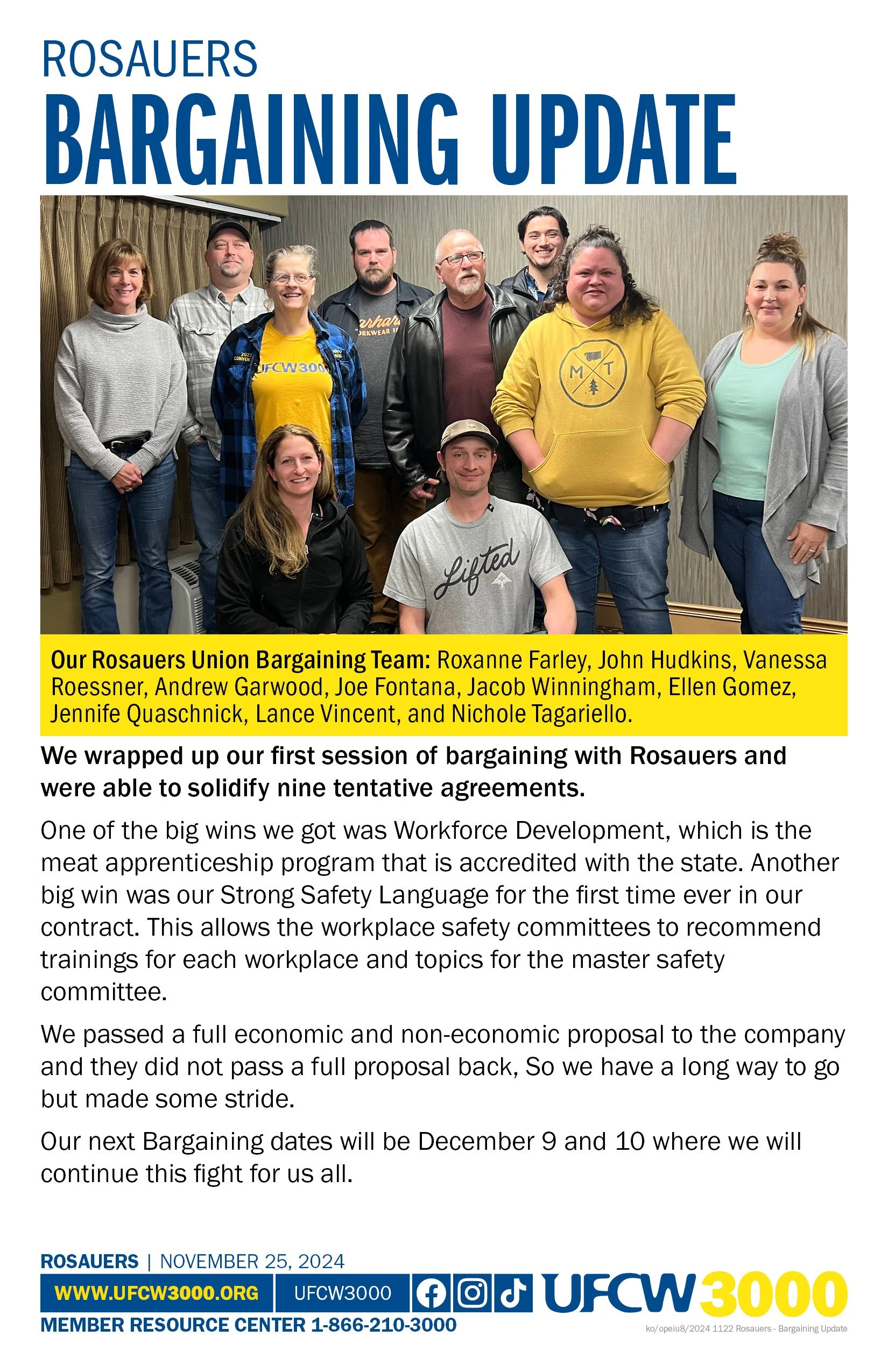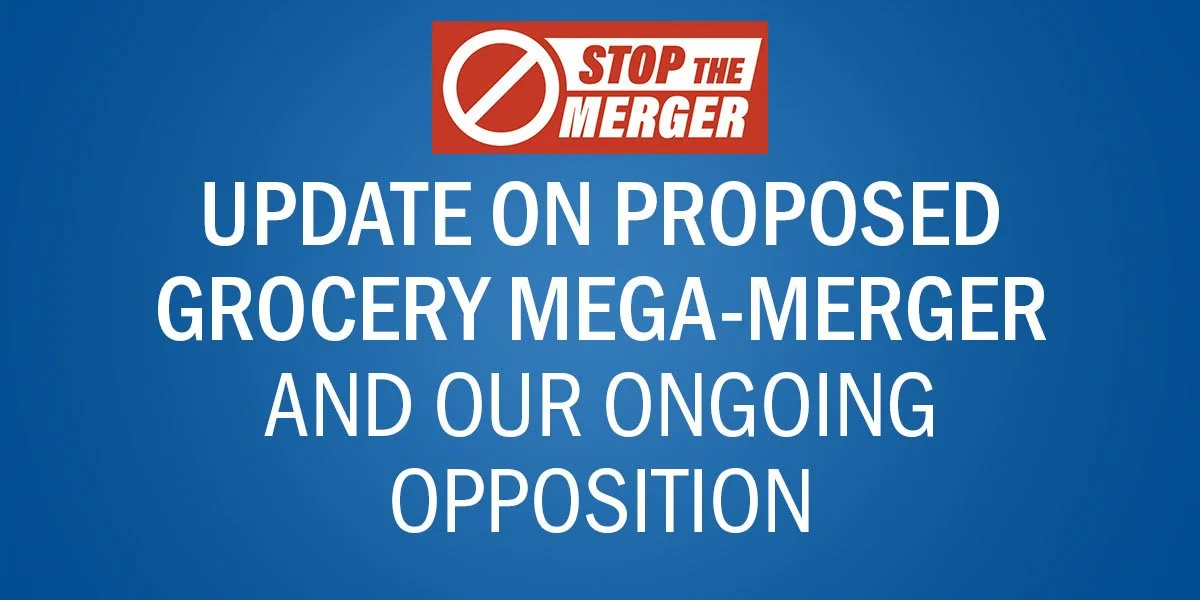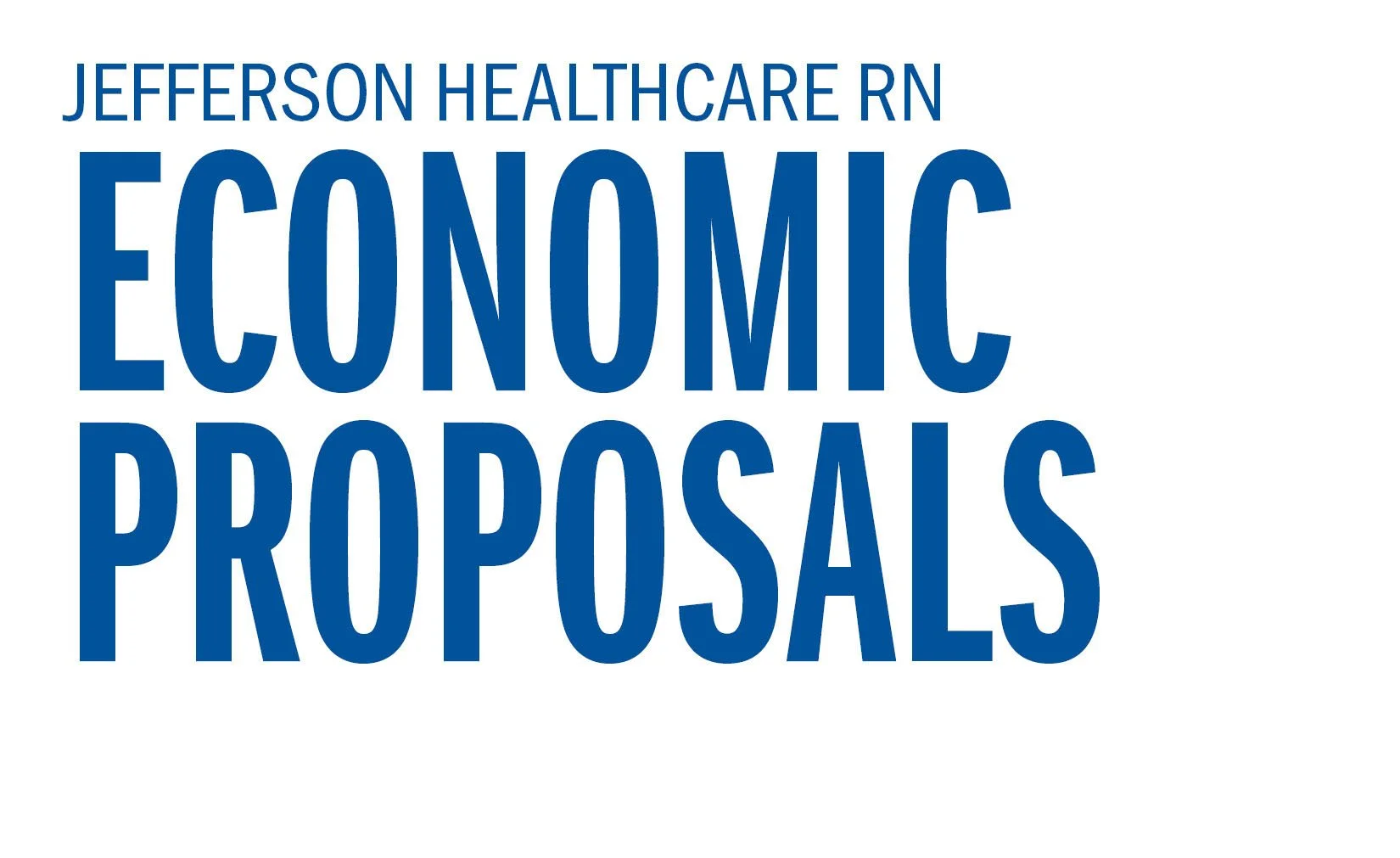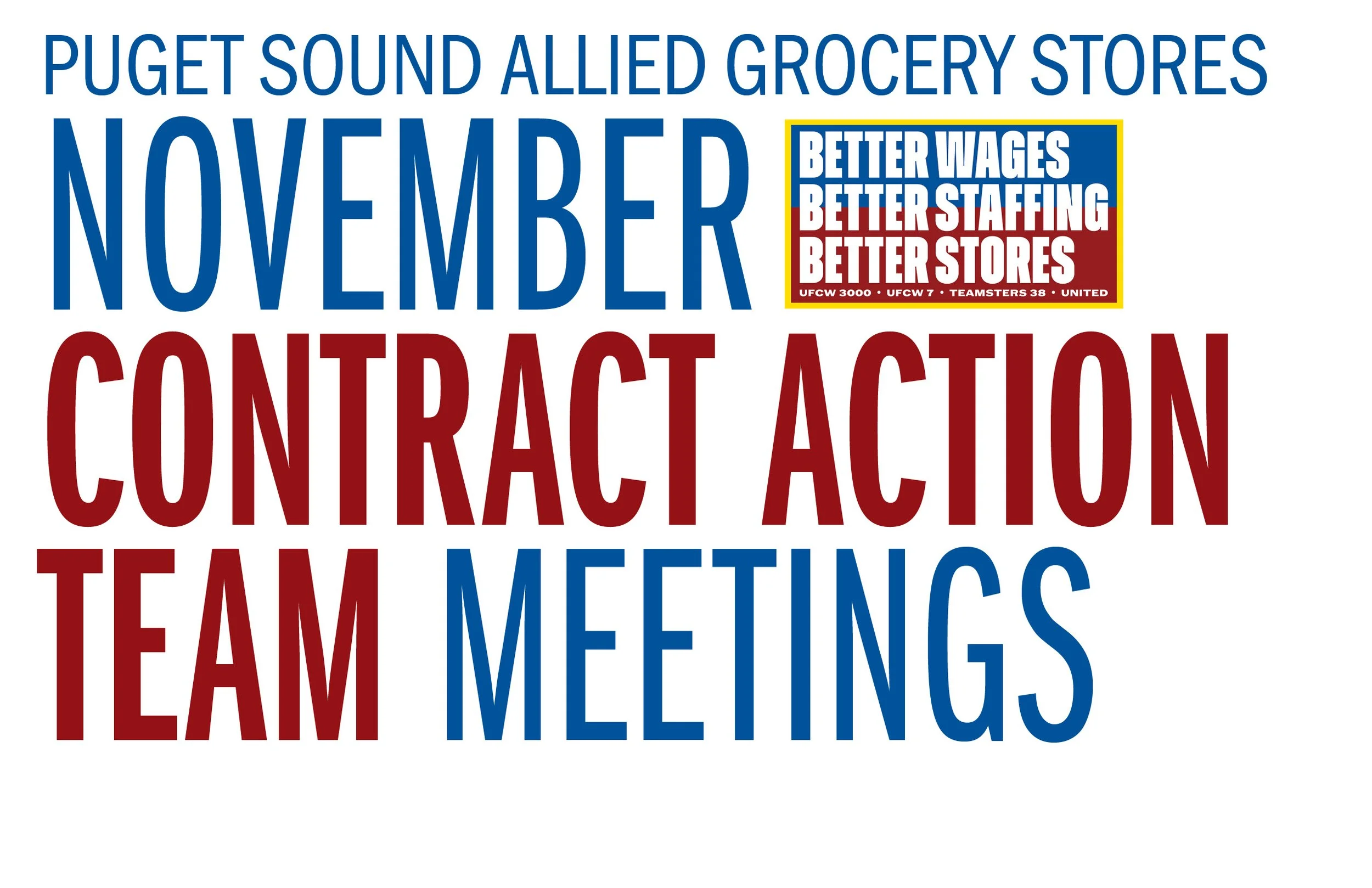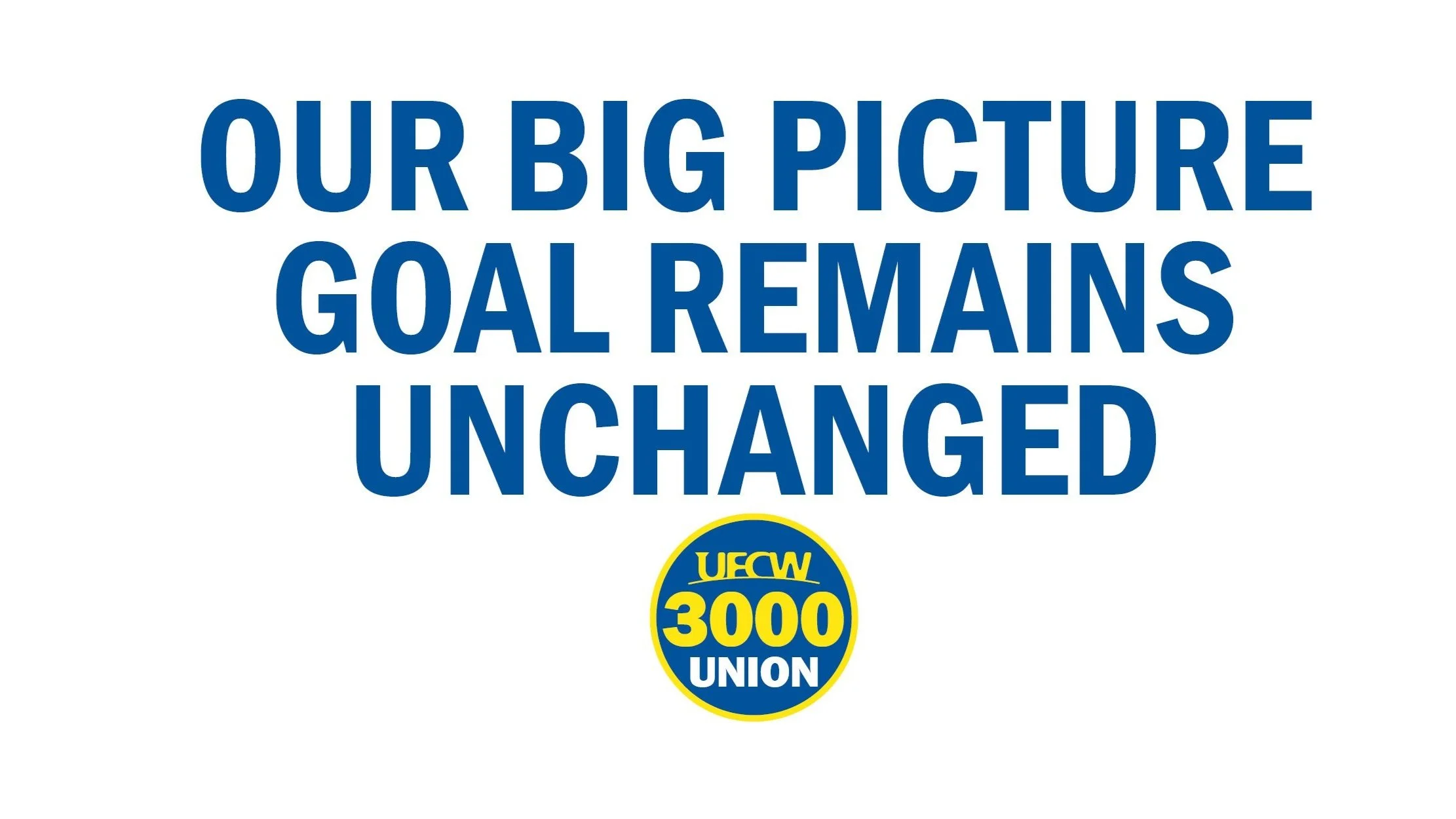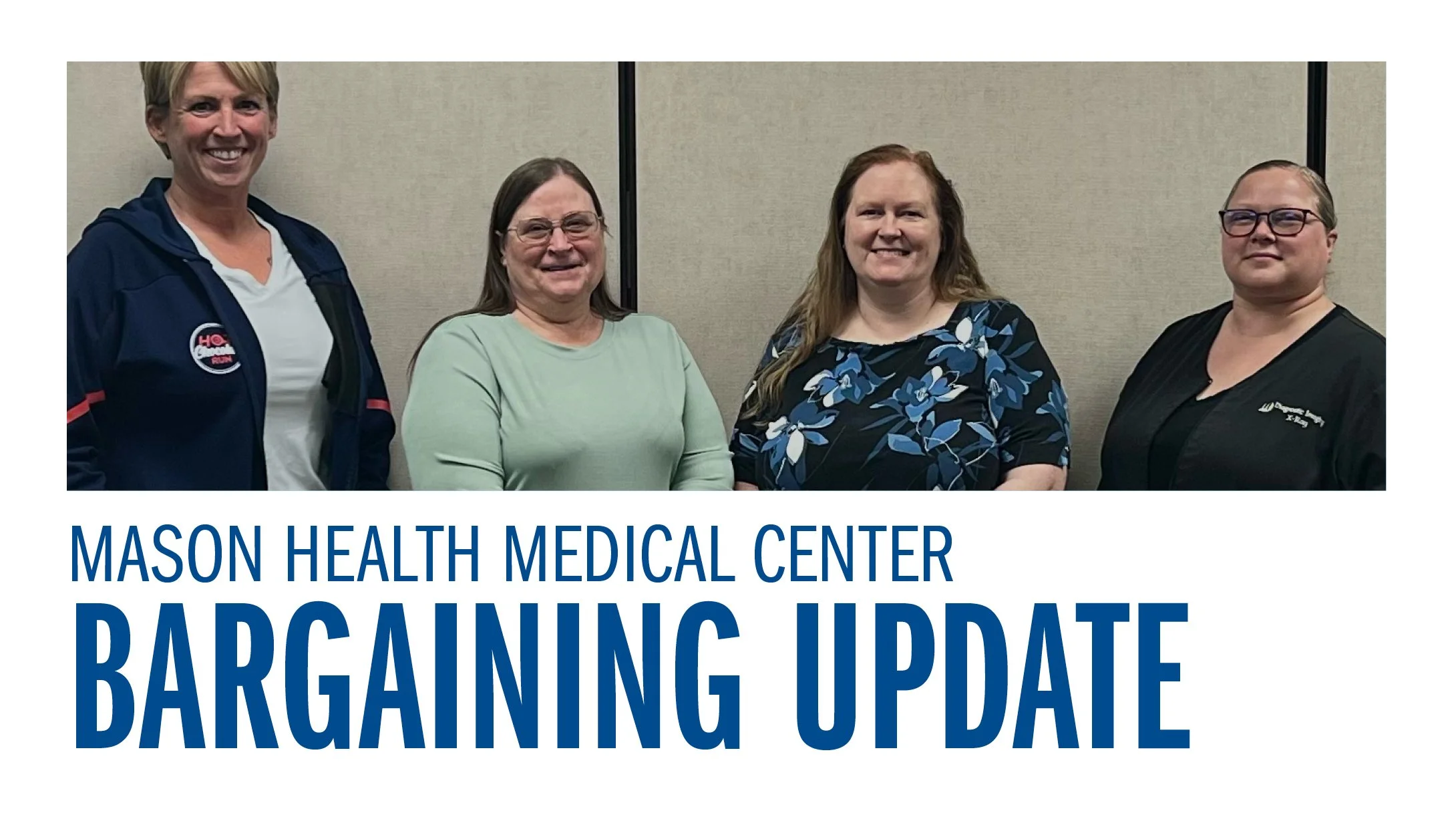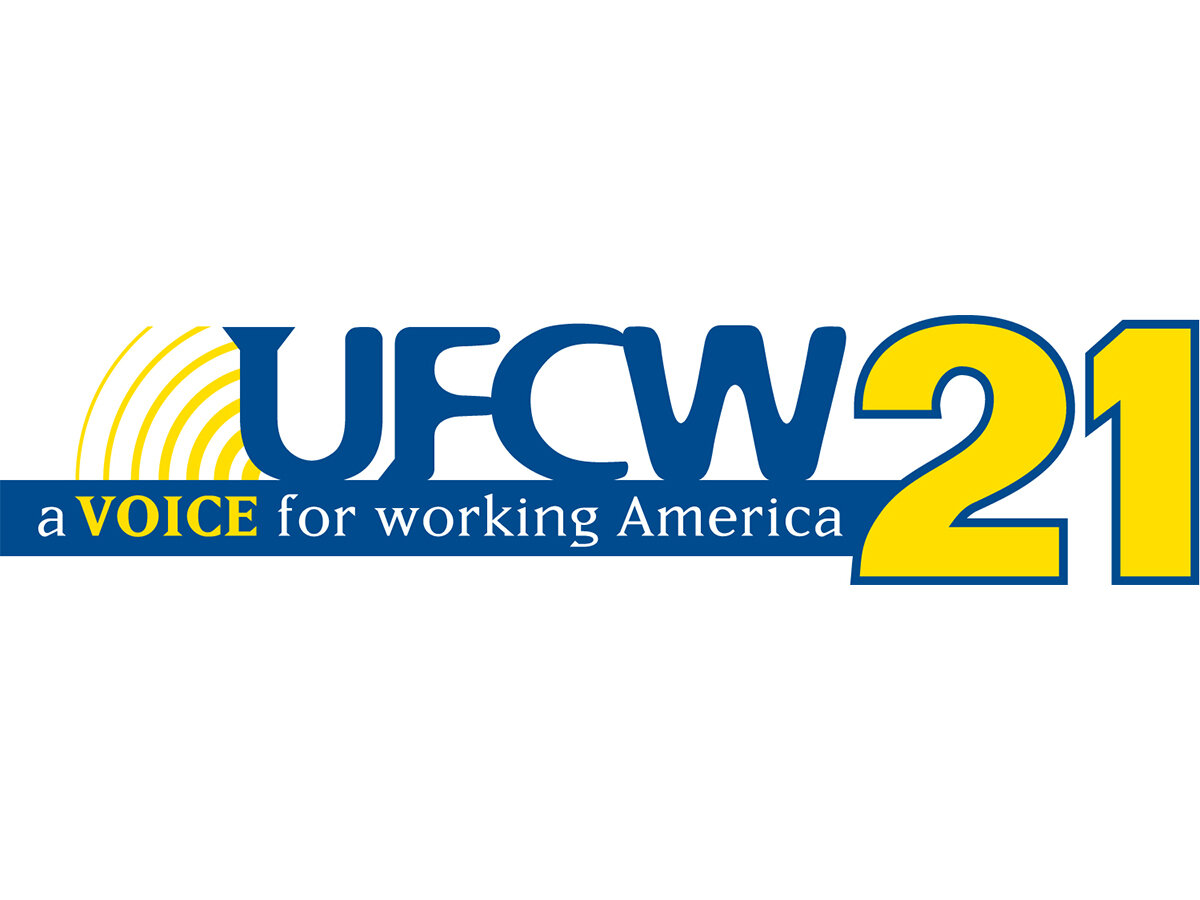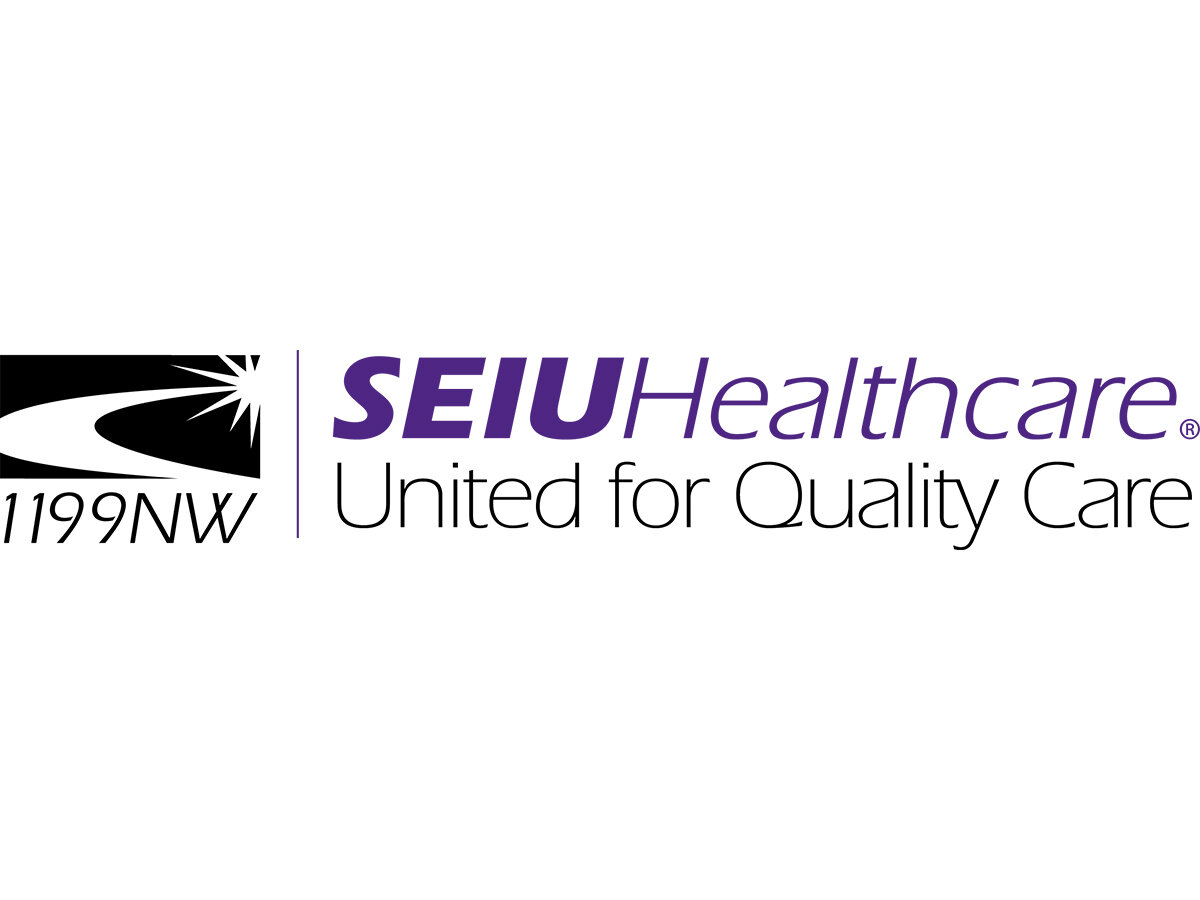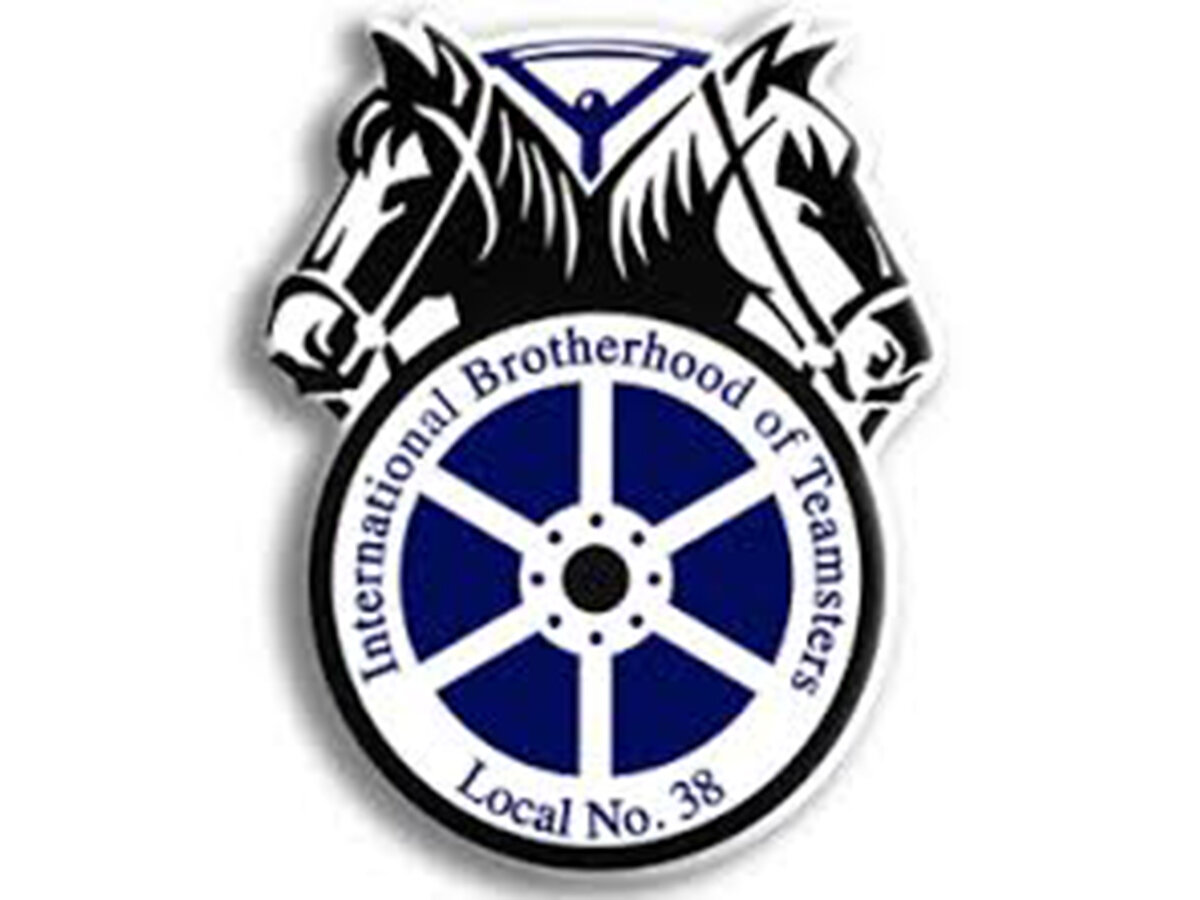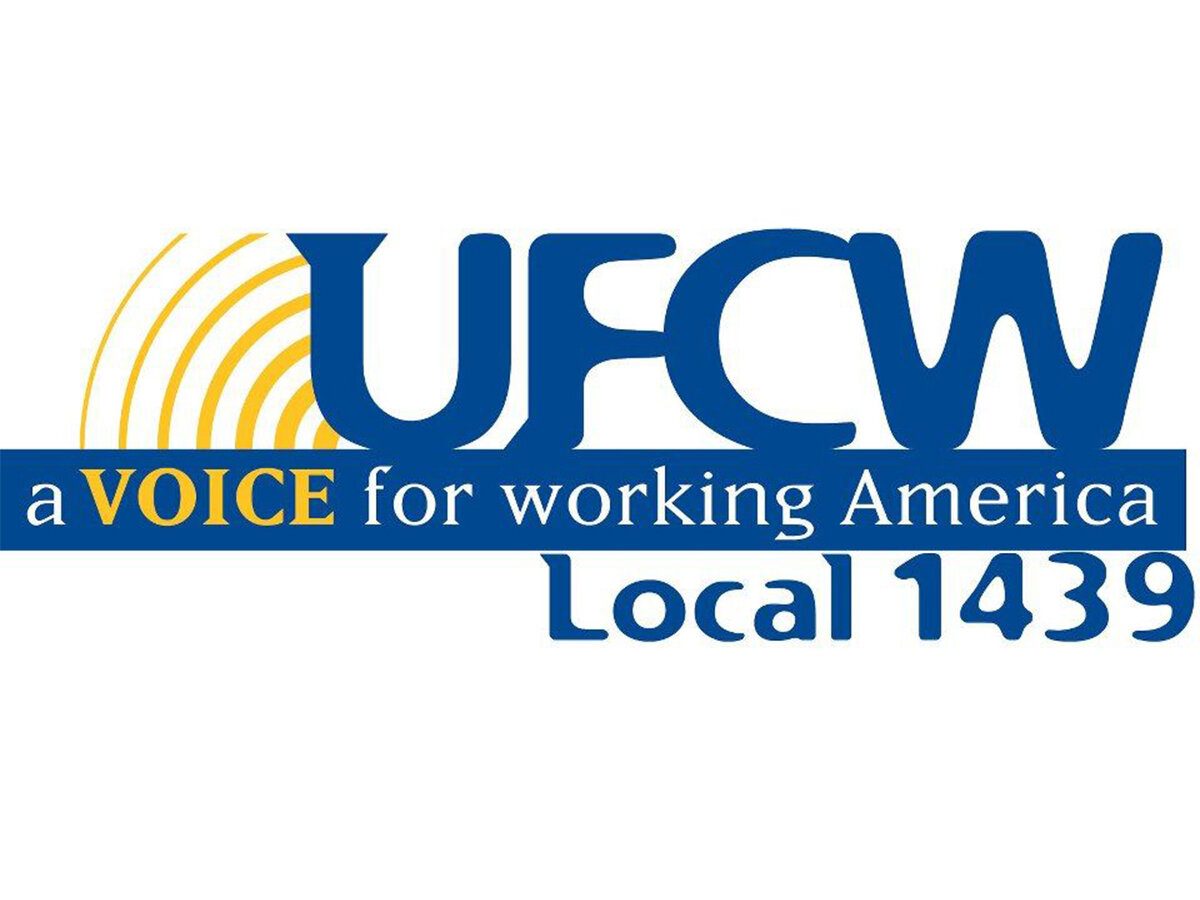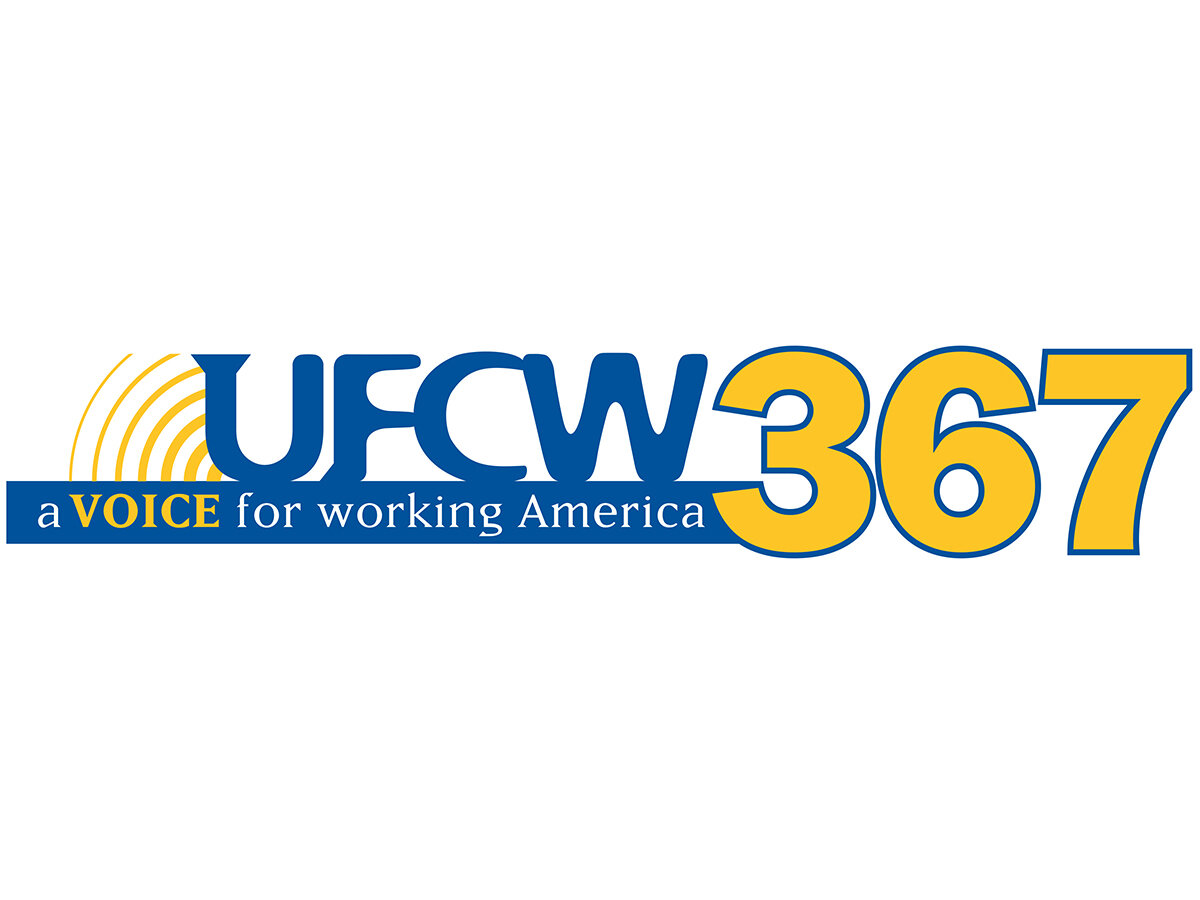MEMORANDUM OF AGREEMENT
The Washington State Nurses Association (WSNA), SEIU 1199NW Healthcare Union (SEIU), and United Food and Commercial Workers Union Local 21 (UFCW) (collectively, “Unions”), and MultiCare Health System (hereafter, Employer) hereby enter into the following Memorandum of Agreement:
RECITALS:
A. The parties share a mutual interest in assuring the health and safety of patients, clients, families, staff and the community.
B. Nurses and other health care workers are on the front lines in the delivery of essential health services to patients during a State of Emergency.
C. The decisions of all parties should be informed by the Center for Disease Control, World Health Organization, and other public health agencies.
D. The parties wish to work together to take reasonable steps to protect patients, clients, families and staff from unnecessary exposure to communicable diseases, including COVID-19.
AGREEMENT:
I. PAID TIME OFF RELATED TO COVID-19
1. A nurse or health care worker who the Employer does not permit to work due to exposure to COVID-19 disease while at work shall be placed in paid leave status during any quarantine period required by the Employer. Paid leave status may be a combination of L&I Workers Compensation and Employer paid administrative leave, the combination of which will ensure the Employee will experience no loss of pay or accrued time off until such time as the Employer permits the employee to return to work. An Employer representative will be available to assist employee with coordination of federal, state and employer benefits as may be applicable.
2. A nurse or health care worker who self-quarantines based on concern of social exposure to COVID-19 shall have immediate access (e.g. no waiting period) to extended illness time (EIT) or other time off accruals until the employee is able to return to work (if the Nurse or health care worker has paid time off benefits).
3. During the quarantine period described in the two scenarios discussed above, the health care worker is required to participate in the Employer’s monitoring process. If criteria is met to return the employee to work, in accordance with applicable WHO and/or CDC guidelines, and the employee nonetheless refuses to return to work, the rights set forth in the preceding two paragraphs will no longer apply as of the date of the employee’s refusal.
4. A nurse or health care worker who is unable to work due to being part of the CDC’s at-risk group (older than 60 or with an underlying medical condition) may request an accommodation. If a workplace accommodation cannot be granted, the employee may apply for a leave of absence under the terms and conditions of existing leave plans and have access to accrued time off benefits if granted leave. If the employee’s paid time off accruals exhaust during the leave, the Employer will maintain health insurance benefits until the employee is deemed eligible to return to work by the Employer.
5. When possible, telework or alternative assignments may be provided as an accommodation for nurses or health care workers who are in an at-risk group identified by CDC guidelines.
6. The Employer will provide all nurses or health care workers who have been exposed (such as treating a patient who was not confirmed, but later is identified to have COVID-19) with notice within eight (8) hours of Employer notice of the diagnosis. The written notice will include: the date of exposure, assessment of exposure risk and Employer decision on whether to permit the nurse or health care worker to work or placed on paid leave. If given electronically, the Union will be provided a copy of the written communication.
7. Nothing in this agreement is intended to prevent employees from accessing other state benefits for which they may qualify, including but not limited to unemployment compensation insurance, paid family and medical leave, or workers compensation.
8. Upon request from the Union, the Employer will provide the number of its represented nurses or health care workers who are on leave as well as their paid leave accrual balance. It will also provide upon request the number of represented nurses or health care workers who have been exposed, if that information is available.
9. Except as otherwise explicitly provided in this Agreement, the terms of applicable collective bargaining agreements will remain in effect.
II. REGIONAL LABOR POOLS (FLOATING)
A. General Provisions
1. As detailed above, any nurse or health care worker may request a reasonable accommodation, including an accommodation related to floating, if they are in a high-risk group.
2. Prior to implementing low census, a reduction in hours, or a layoff, the Employer will offer impacted nurses or health care workers the option of floating to another unit, department, or facility whenever possible.
3. Training & Experience: The Employer is responsible for providing appropriate orientation and training to a nurse or health care worker necessary to safely care for the assigned patients. Float registered nurse work assigned will: 1) comply with the Washington state standards of nursing practice and align with the competencies of the float registered nurse. Nurses may refuse an assignment if they believe their physical or emotional condition would create an undue risk of harming themselves or others, in accordance with WAC 246-840-710.
Minimum orientation/transition for the float registered nurse or health care worker includes: 1) correct use and fitting of personal protective equipment; 2) geography of the work area; 3) location/use of supplies/equipment; 4) health care team contact information; 5) shift routines; 6) required documentation; 7) safety procedures; 8) unit/area-specific protocols; 9) and partnering with a more experienced nurse as a resource if necessary.
The Unions waive application of “Report Pay” articles within their collective bargaining agreements with respect to Float assignments for the duration of this agreement, except that report pay would incur if notification is given less than one hour prior to the start of shift. The Employer will endeavor to continue to provide contractually required notice of any change of shift.
6. Any other provisions in a Union’s collective bargaining agreement applicable to floating will continue to apply to the extent not inconsistent with this Agreement.
7. Employees will only be required to float through a Regional Float Pool assignment on their regularly scheduled days except by mutual agreement, or if they have accepted an extra shift, or as provided for in the applicable collective bargaining agreement. Nothing in this agreement prohibits Employees from volunteering for Regional Labor Pool assignments on a more frequent basis than their regularly scheduled days. Employee schedules may be changed by mutual consent or by the Employer with 72 hours’ notice to Employee. The Employer will make best efforts to schedule Employees on their regularly scheduled shift time (i.e., shift 1, 2 or 3) except as modified by mutual agreement or as necessary to address emergent needs.
8. The provisions addressed in this Section to be limited to assignments through Regional Float Pool within an Employee’s regular schedule, or within an extra shift picked up by the Employee, i.e. it does not allow the Employer to float an Employee who is not already scheduled to work, unless necessary to address emergent needs.
9. There is no pyramiding of the float premiums in this agreement and the other float premiums in any applicable collective bargaining agreements.
B. Floating Within Employee’s Home Facility
1. In light of changes in the Employer’s operations in response to COVID-19, the parties recognize that nurses and health care workers may need to float from their home department or unit.
The parties recognize that it is preferable for floating to occur on a voluntary basis. Accordingly, before resorting to assigning nurses or health care workers through the Regional Float Pool to float to another unit or department, the Employer will seek volunteers by sending a text or email to employees’ personal cell phone or email addresses, if on file with the employer. The Employer will allow a 15-minute window for volunteers on a first come, first served basis, before resorting to mandating floating. Assignments will be awarded only to volunteers who are not in an overtime or double time condition and/or will not be in an overtime or double time condition as a result of working that shift, and where the volunteer has the requisite skills and experience to float.
Where it is necessary to assign nurses or health care workers to float, mandatory floating will occur in the following order (limited to employees who the employer deems to possess the requisite skills and experience):
a. Non-home Employer health care workers (students, lapsed license, retirees, out-of-state temporary workers)
b. Agency/Traveler nurses or health care workers (to the extent that they can be required to float under the terms and condition of their contract)
c. Per-diem nurses or health care workers
d. Full- and part-time nurses or health care workers based on seniority.
4. Unit Float premium: Employees who are required to float (not as an accommodation provided to them) outside of their home unit or department (or outside of their float unit, if one is provided for in the applicable CBA, defined not by unit geography but the type and level of care being provided in the unit) to another unit or department in the facility will receive the following premiums:
RN - $5.00 per hour
CT Tech - $ 4.00 per hour
Respiratory Tech - $ 4.00 per hour
Telemetry Tech - $ 2.50 per hour
CNA - $2.50 per hour
C. Floating Outside Employee’s Home Facility
In light of changes in the Employer’s operations in response to COVID-19, it may be necessary for staff to float from their regular facility (“Home Facility”) to another facility (“Secondary Facility”).
2. The parties recognize that it is preferable for floating to occur on a voluntary basis. Accordingly, before resorting to assigning nurses or health care workers to float to another facility, the Employer will seek volunteers by sending a text or email to employees’ personal cell phone or email addresses, if on file with the employer. The Employer will allow a 15-minute window for volunteers on a first come, first served basis, before resorting to mandating floating. Assignments will be awarded only to volunteers who are not in an overtime or double time condition and/or will not be in an overtime or double time condition as a result of working that shift, and where the volunteer has the requisite skills and experience to float.
3. Where it is necessary to assign nurses or health care workers to float, mandatory floating to another facility will occur in the following order:
a. Non-home Employer health care workers (students, lapsed license, retirees, out-of-state temporary workers)
b. Agency/Traveler nurses or health care workers (to the extent that they can be required to float under the terms and condition of their contract)
c. Per-diem nurses or health care workers
d. Full- and part-time nurses or health care workers based on seniority.
4. The nurse or healthcare worker shall experience no change in status, base pay, service credit, or other related terms of employment. Employees who volunteer for floating to another facility will receive their regular rate of pay plus floating premium pay for all hours worked at the Secondary Facility. All policies and CBA requirements relating to pay, premiums, and benefits covering the employee at the Home Facility remain in effect for the employee during their temporary assignment at the Secondary Facility.
5. Employer will give Employee as much notice as possible before requiring floating to another facility.
6. Facility Float premium: Nurses or health care workers who float outside their facility will receive the following premiums:
RN - $10.00 per hour
CT Tech - $10.00 per hour
Respiratory Tech - $10.00 per hour
Telemetry Tech - $5.00 per hour
CNA - $5.00 per hour
7. Travel costs:
a. The Employer will reimburse nurses or health care workers for their personal vehicle parking costs, if applicable, as well as mileage at the IRS rate if greater than normal commute.
b. If the nurse or health care worker’s new site is more than 50 miles from their regular facility, the Employer will reimburse up to $150/night for lodging. The nurse or health care worker must have written permission from their manager or from the Regional Labor Pool to secure lodging prior to doing so in order to be eligible for reimbursement.
c. Employees will be paid for travel time that exceeds the employee’s regular commute to his/her Home Facility.
d. Employees shall submit for reimbursement following MultiCare’s Travel and Employee Business and Expense Reimbursement Policy.
III. DURATION.
This agreement will extend until the MultiCare Disaster Response is deactivated.
DATED this 22nd day of March, 2020.





